What is obesity?
The definition of obesity diversifies depending on what one sees. In general, overweight and obesity show a weight greater than what is considered healthy. Obesity is a persistent condition explained by an excess amount of body fat. A definite amount of body fat is required for storing energy, heat insulation, shock absorption, and other functions.
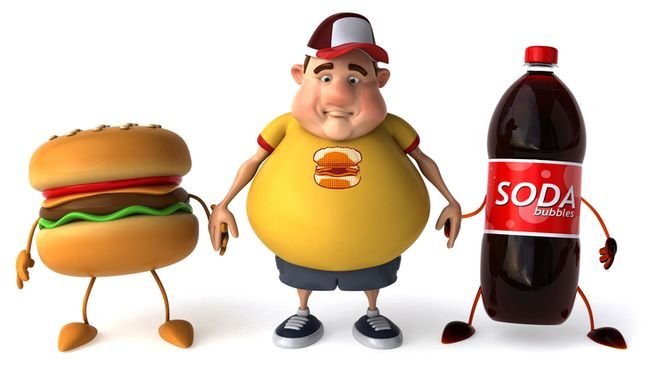
Obesity is best defined by using the body mass index. The body mass index is calculated using a person's height and weight. The body mass index (BMI) equals a person's weight in kilograms (kg) divided by their height in meters (m) squared. Since BMI represents body weight relevant to height, it is completely connected with total body fat content in adults. An adult who has a BMI of 25-29.9 is considered overweight, and an adult who has a BMI over 30 is considered obese. A BMI of 18.5-24.9 is considered normal weight.
Body mass index (BMI) application
https://play.google.com/store/apps/details?id=com.splendapps.bmicalc&hl=en
In the criticisms regarding weight gain and obesity, many people seem to think that it is entirely a function of willpower.
In my opinion, that concept is absurd.
I do agree that whether we increase weight (or not) is a result of behavior, in this case eating way. If we eat extra than we burn, we gain weight. If we eat less and exercise, then we lose.
But... human behavior is complex. It is directed by various natural factors like heredity, hormones and neural loops. Eating behavior, just like sexual behavior and sleeping behavior, is directed by organic processes.
Saying that behavior is simply a function of willpower is way too simplistic.
10 important factors that I believe are major causes of weight gain, obesity, and metabolic disease, that really have not anything to do with willpower or determination.
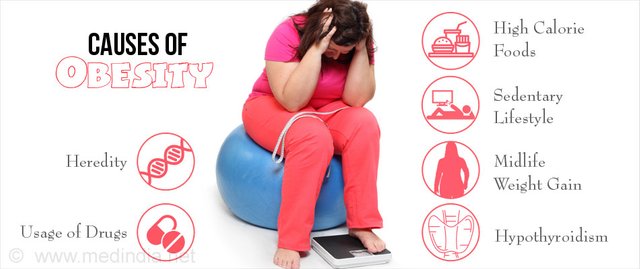
1.Genetics
Science proves that heredity plays a role in obesity. Genes can directly cause obesity in disorders such as Bardet-Biedl syndrome and Prader-Willi syndrome. ... Genes and behavior may both be needed for a person to be overweight.
Non-industrialized communities immediately become obese when they start eating a typical Western diet. Their genes didn't change, the climate and the signals they sent to their genes changed.
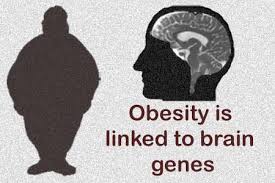.jpg)
2.Food Availability
One element that has dramatically affected the collective waistline of the world is an extensive increase in food availability.
Food (especially junk food) is everywhere now. Even gas stations sell food and retailers stack attractive products like candy bars in areas that maximize the possibilities of impulse purchases.
Another problem narrated to availability is that junk food is often cheaper than real food, particularly in America.
Some people, particularly in poorer regions, don't even have the option of purchasing real foods. The convenience stores in these areas only sell sodas, candy, and processed packaged junk foods.
How can it be a matter of choice if you literally don't have a choice?

3.Leptin
Another hormone that is critical in obesity is Leptin.
This hormone is constructed by the fat cells and is assumed to send signals to the hypothalamus (the part of our brain that controls food intake) that we're full and demand to stop eating.
Obese people have lots of fat and lots of leptin. The problem is that the leptin isn't working as it should because for some reason the brain becomes resistant to it.
This is called leptin resistance and is believed to be a leading factor in the pathogenesis of obesity.
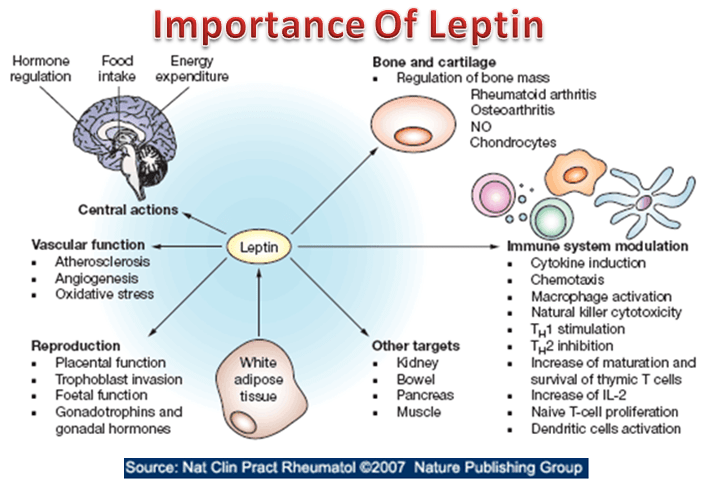
4.Sugar
In my belief, sugar is the single worst part of the modern diet.
The reason is that when eaten in excess, sugar alters the hormones and biochemistry of the body, contributing to weight gain.
Added sugar is half glucose, half fructose. We take glucose from all sorts of foods, including starches, but we prepare the large part of our fructose from added sugars.
surplus fructose consumption causes insulin resistance and elevated insulin levels. It may cause leptin resistance, at least in rats. It also doesn't cause satisfaction in the same way as glucose.
All of these contribute to energy storage and eventually, obesity.
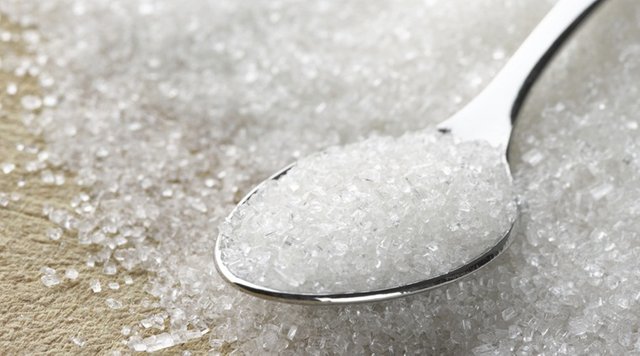
5.Food Addiction
These highly managed junk foods cause strong stimulation of the premium centers in our brains.
You know what else does that? Medicines of abuse like alcohol, cocaine, nicotine, and cannabis.
The fact is that useless food can produce full-blown dependency in susceptible individuals. People fail to control over their eating way, in the same way as alcoholics lose control over their drinking habits.
Addiction is a complicated problem with a living basis that can be very challenging to overcome. When you become addicted to something, you lose your freedom of choice and the biochemistry in your brain starts calling the shots for you.

6.Aggressive Marketing (Especially Towards Children)
Marketing communications focused on the childrens consumer sometimes include expressive elements of aggression that are explicitly shown in the advertising media texts carried out by communication media in advertising communication processes. Children are very sensitive and they make their vision of how the world works on the basis of what they see and hear.
The junk food companies are very aggressive marketers.
Their strategy can get unethical at times and they regularly market very toxic products as if they are health foods.
The food companies make misleading claims and they consume huge amounts of money sponsoring specialists and major health organizations to influence their research and guidelines.
In my judgment, the junk food companies are even worse than the tobacco companies ever were, because they target their marketing specifically towards kids.
Kids are becoming obese, diabetic and addicted to junk foods way before they're old enough to make conscious decisions about these things.

7.Insulin
Insulin can not only cause generalized obesity, but it can also cause localized fat growth. ... As we reduce blood sugars, that sugar is taken out of the blood and into the body as fat. If this were true, then any treatment of diabetes should cause equal weight gain.
Insulin is a very significant hormone that controls energy storage, among other things.
One of the functions of insulin is to tell fat cells to collect fat and to hold on to the fat that they already carry.
The Western diet causes insulin resistance in many individuals. This raises insulin levels all over the body, producing energy selectively get stored in the fat cells instead of being available for use.
The best way to reduce insulin is to cut back on carbohydrates, which regularly leads to an unintentional reduction in calorie intake and effortless weight loss. No calorie counting or portion control required

8.Hyperpalatable
Hyperpalatable: Loaded with fat, sugar, and salt so as to be irresistibly appealing. Hyper-palatable foods are a presumed offender in overeating and the obesity epidemic. Coined from the prefix hyper-, "excessive" or "beyond"; and palatable, "pleasing to the sense of taste." Also spelled hyper-palatable.
Nowadays, nutriment is often little more than pure ingredients mixed in with a bundle of chemicals.
These products are managed to be cheap, last long on the shelf and taste so amazingly good that we just can't get enough.
By making foods "hyper-palatable," the food producers ensure that we eat a lot and determine to buy and eat them again and again.
Most processed foods today don't relate food at all. Certain are highly engineered products, with extensive budgets consumed on making the foods taste so good that we become "hooked."

9.Several Medications
There are multiple pharmaceutical drugs that can cause weight gain as a side effect.
Examples include diabetes medication, antidepressants, antipsychotics, etc.
These medicines don't cause a "willpower deficiency" - they sterilize the function of the body and brain, making it selectively store fat instead of burning it.

10.Misleading information
People all across the globe are being misled about health and food.
I think the main reason for this is that the food companies sponsor experts and major health organizations all around the world.
For example, the Academy of Nutrition and Dietetics (the biggest organization of nutrition professionals in the world) is massively sponsored by the likes of Coca-Cola, Kellogg's and Pepsico.
The American Diabetes Association is sponsored by drug companies by millions of dollars per year, companies which directly profit from the failed low-fat advice.
Even the formal guidelines developed by the government seem to be designed to shield the interests of the corporations instead of supporting the health of individuals.
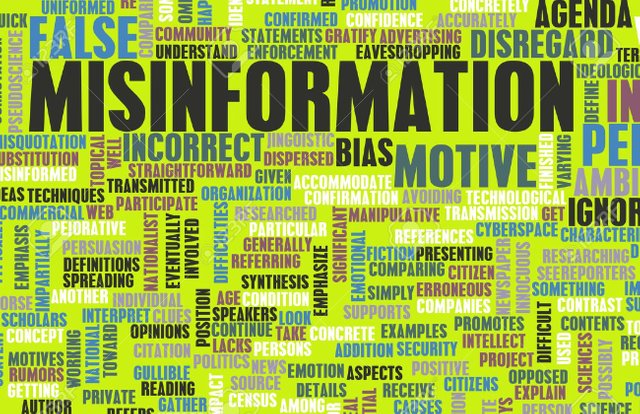
.png)
https://steemit.com/bitcoin/@rashidkhattak/some-important-rules-of-cryptotrading
.jpg)
Congratulations @rashidkhattak! You have completed some achievement on Steemit and have been rewarded with new badge(s) :
Click on any badge to view your own Board of Honor on SteemitBoard.
For more information about SteemitBoard, click here
If you no longer want to receive notifications, reply to this comment with the word
STOPDownvoting a post can decrease pending rewards and make it less visible. Common reasons:
Submit